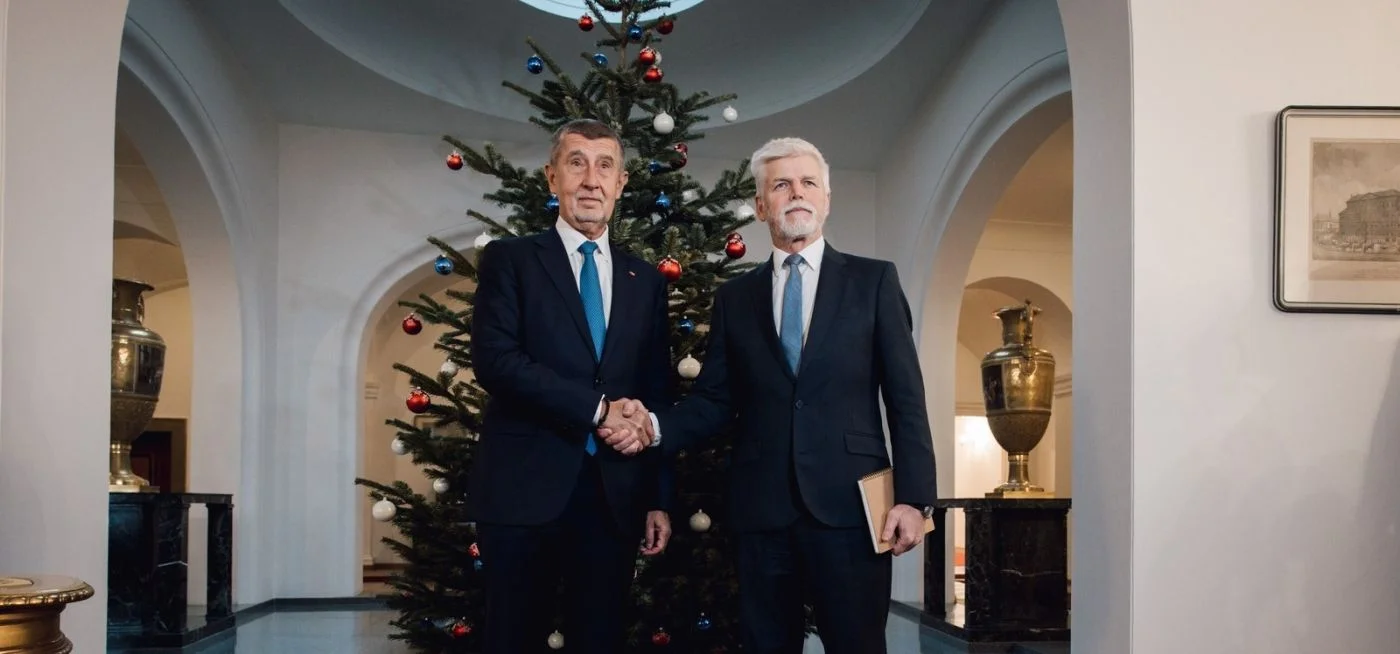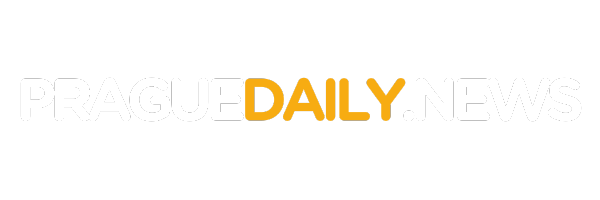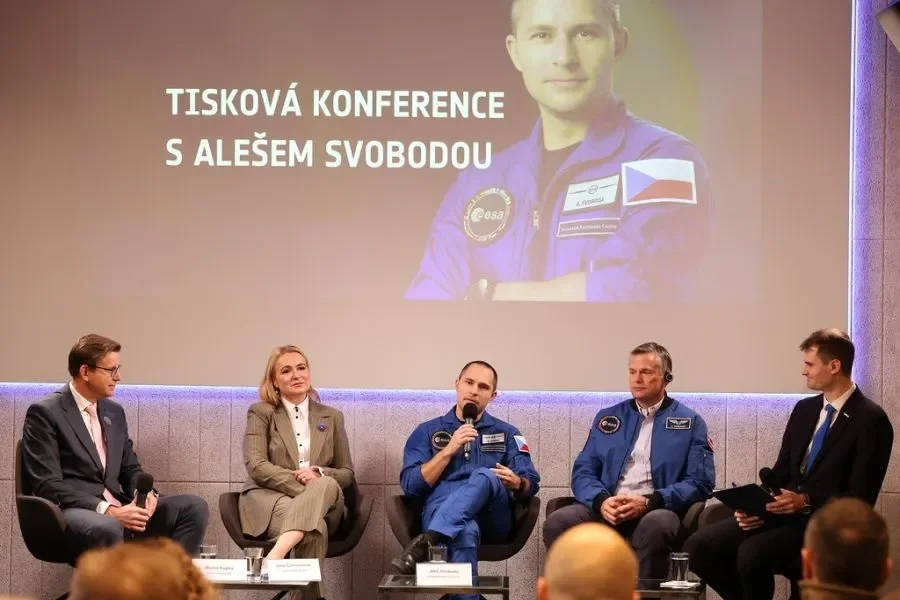
After Almost 50 Years: Czech Astronaut Prepares for Journey into Space
Army fighter pilot Major Aleš Svoboda successfully completes the first phase of ESA astronaut training in Cologne
After almost fifty years, a Czech astronaut is once again preparing for a journey into space. Major Aleš Svoboda, an army fighter pilot, has recently completed the first phase of the European Space Agency (ESA) training programme. The seven-week training session laid the foundations for his future mission, which will not only inspire young people with an interest in science and technology but also strengthen the Czech space industry.
Almost fifty years after Vladimír Remek (1978), the first and so far only Czech in space, another Czech astronaut is preparing for his journey. Army fighter pilot Major Aleš Svoboda officially completed the first of three phases of the European Space Agency’s (ESA) astronaut reserve team training programme in Cologne a few days ago. The seven-week training included basic biology and physiology with a focus on the body’s adaptation to weightlessness, winter survival training, extravehicular activity preparation, and media training. The next phase of ESA training for Svoboda is scheduled for the second half of next year, with the final preparatory block planned for spring 2026.
Svoboda’s mission is part of the ‘Czech Journey to Space’ project, which combines education, science popularisation, and the promotion of the Czech space industry. The aim is to strengthen the Czech Republic’s position in global high-tech activities. ‘Every day of Aleš Svoboda’s training in the elite team of European reserve astronauts is not only personal progress but also another step for the Czech footprint in space. We can be proud of what we are achieving as a nation and as individuals,’ explained Transport Minister Martin Kupka, whose department oversees the Czech Republic’s space activities, at a press conference shortly before Christmas.
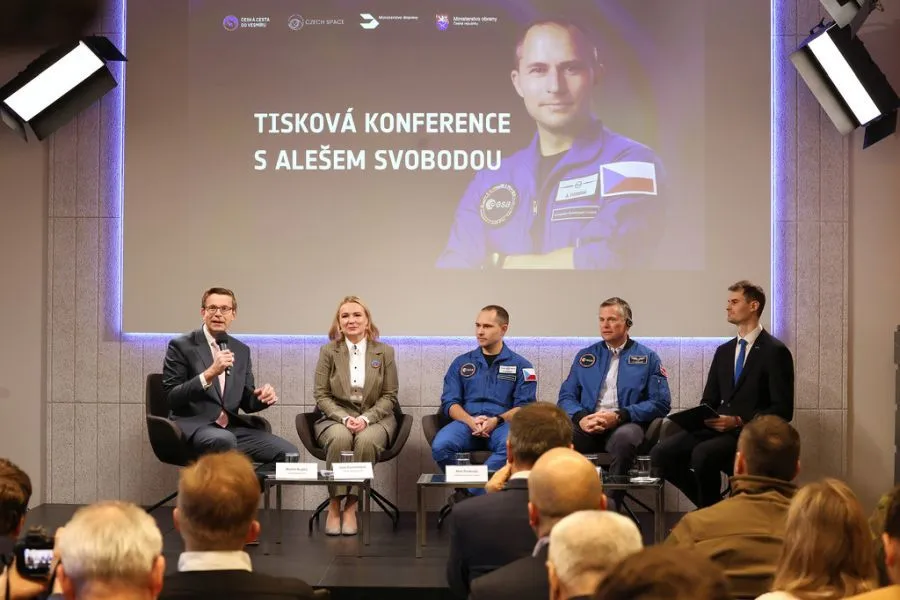
The Ministry of Defence, to which Aleš Svoboda reports, is also working closely with the Ministry of Transport on preparations for the Czech space mission. ‘The Ministry of Defence fully supports Major Aleš Svoboda’s mission and looks forward to his future achievements in space. His story is an inspiring example for the younger generation. It shows how the combination of military training and scientific knowledge can open up new opportunities, even in space,’ said Minister of Defence Jana Černochová.
The first phase of training at the European Astronaut Centre comprised 263 hours of intensive theoretical and practical sessions. Participants gained knowledge about the effects of space travel on human health, received an overview of the European space programme and the International Space Station (ISS), and completed winter survival and media training. Physical fitness, an essential part of astronaut training, was regularly tested. They also learned how to use social networks, which are now an integral part of astronauts’ public communication.
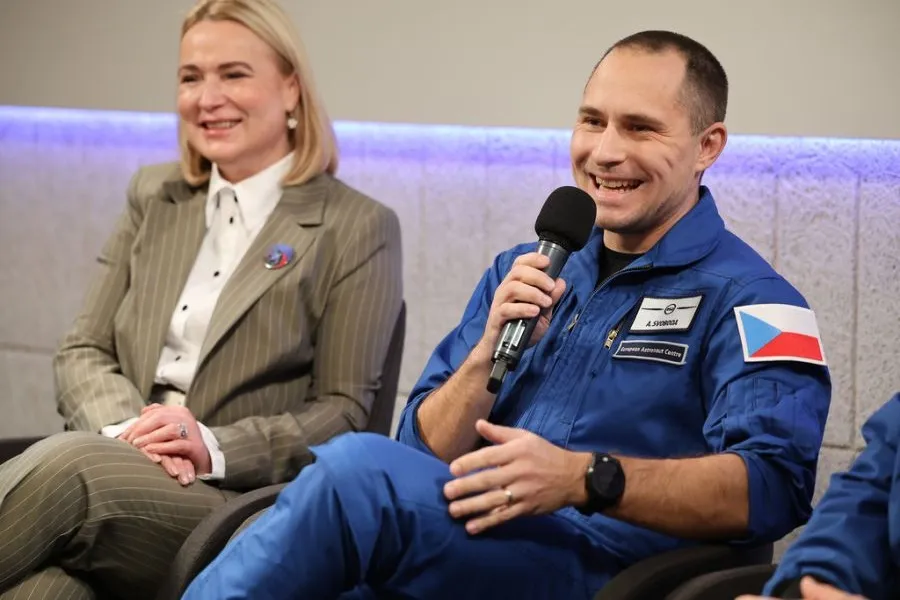
Astronauts must overcome both physically and mentally demanding challenges during their training, often pushing them to their limits. ‘The biggest challenge for me was the diving training, a central element of astronaut training. The water environment simulates space conditions, especially weightlessness. We also worked intensively on teamwork and problem-solving strategies in simulated crisis situations. The ability to react quickly to unforeseen situations is one of the essential skills of an astronaut,’ explained Svoboda.
The ESA training programme that Svoboda is participating in marks a new chapter in Czech involvement in space travel. ‘Aleš Svoboda’s commitment inspires future generations to pursue their dreams and not be afraid to experiment. Getting young people excited about science and technology is one of our main goals in the Czech space mission. But the benefits of the space mission go far beyond this inspiration,’ emphasised Minister Kupka.
The second phase of training will begin in August 2025 and will be more practice-oriented than the first. The replacement astronauts will focus on space technology, space exploration, the ISS systems, and survival training at sea. Once the specific national projects Svoboda will carry out in space are determined, the training will focus on these.
More from Politics & Education
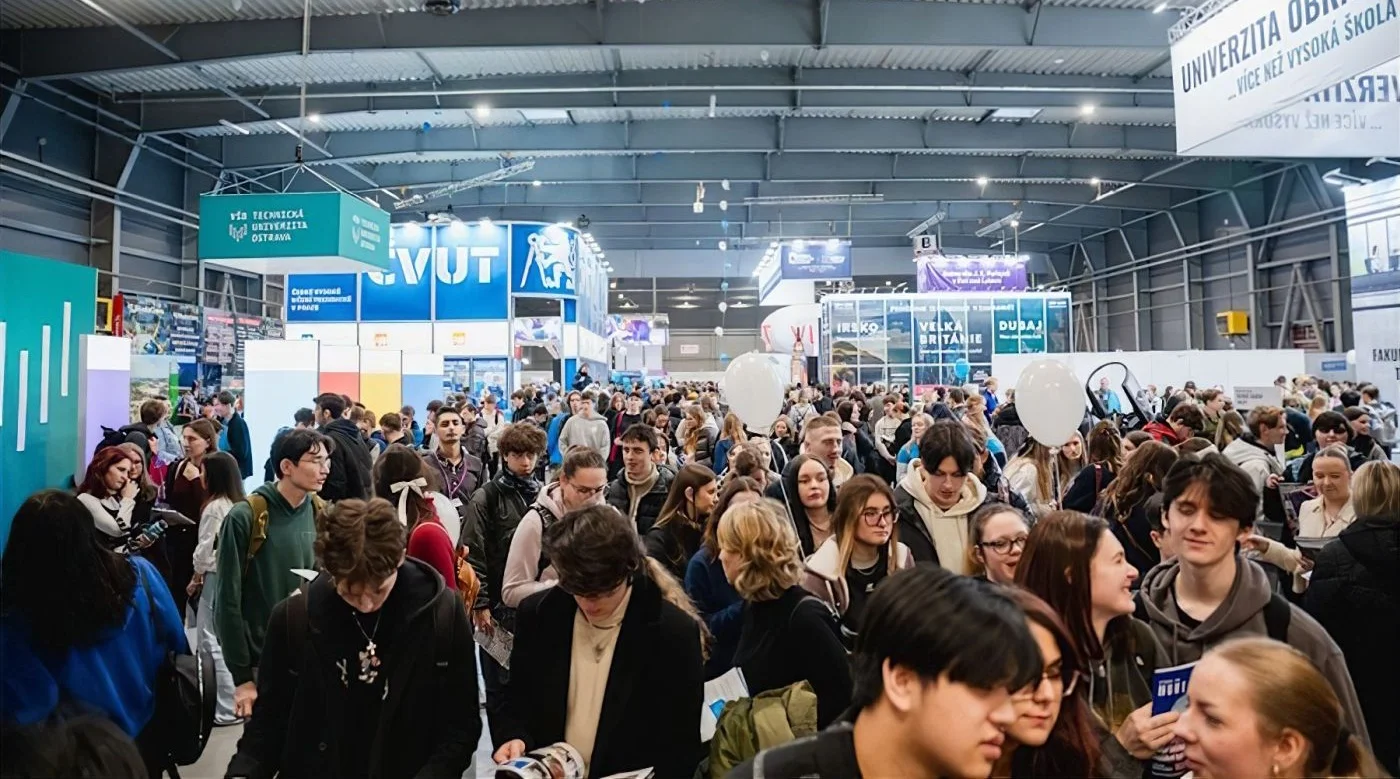
Gaudeamus Prague 2026: European Fair for Higher Education and Lifelong Learning
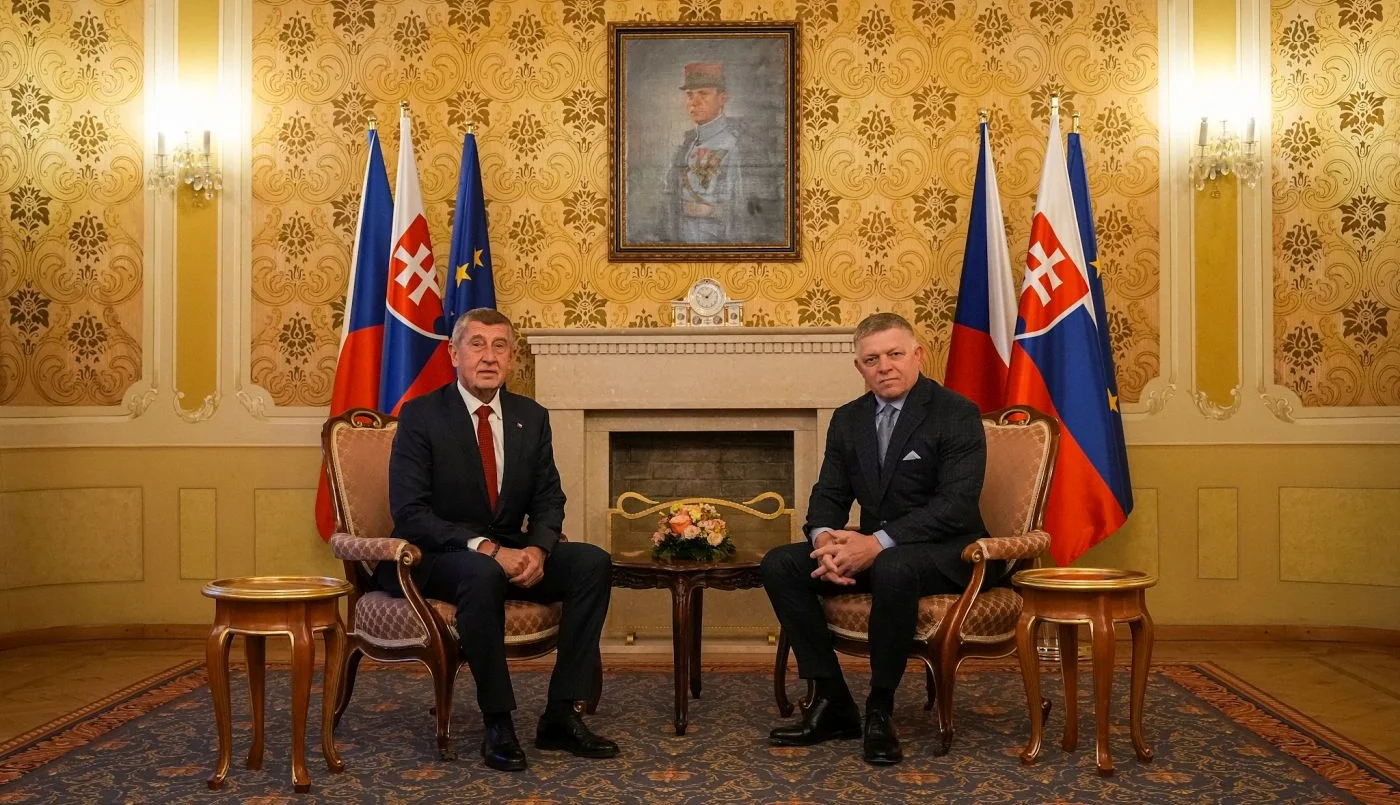
Prime Minister Babiš in Bratislava: Czech Republic and Slovakia plan first joint government meeting in years
